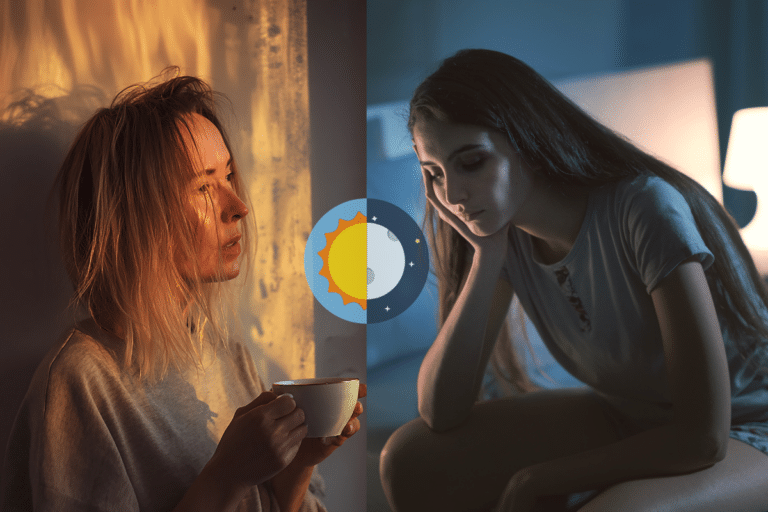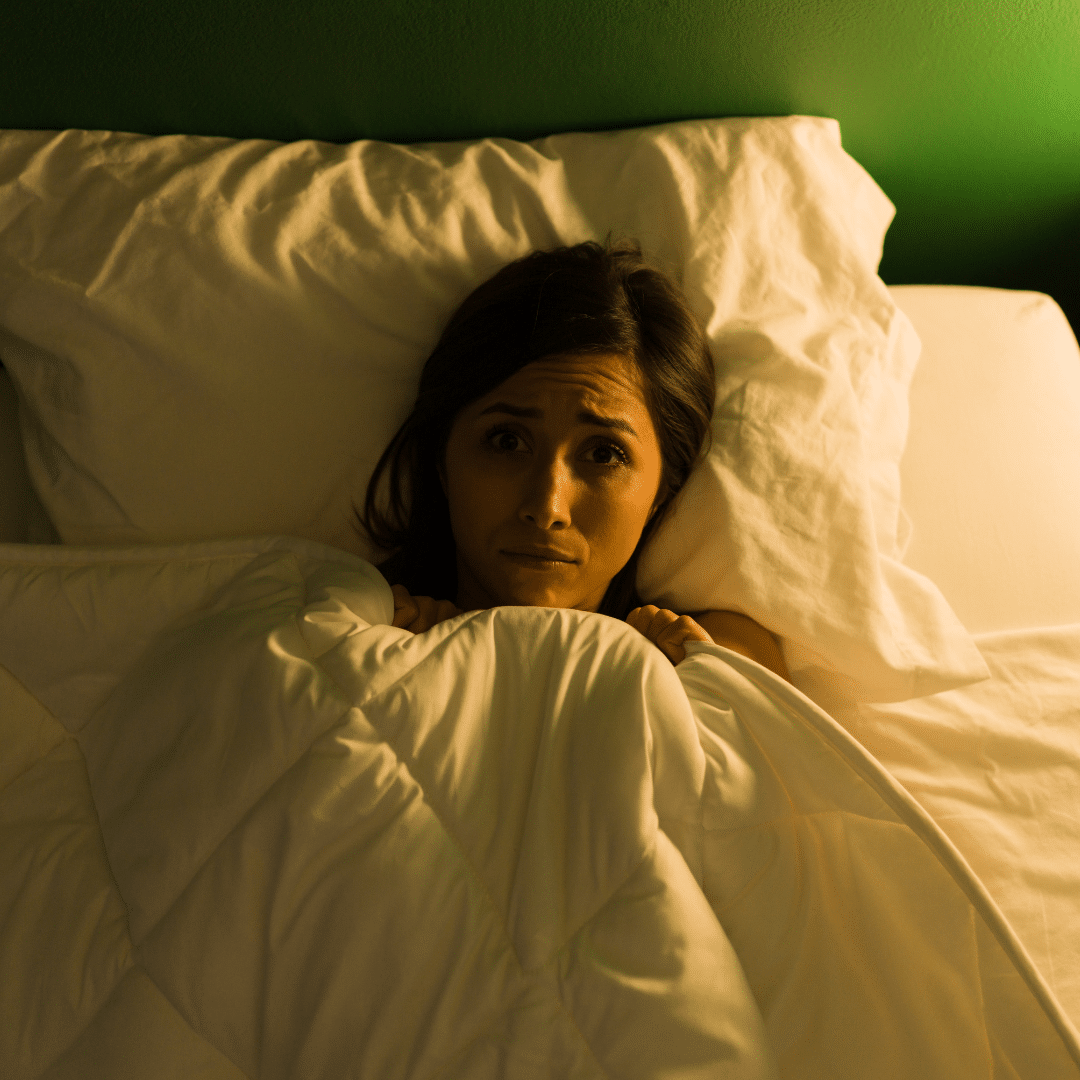
In our fast-paced lives, the quest for a good night of sleep often feels like a distant dream, especially when entwined with the spectrum of anxiety. Recent studies highlight a significant relationship between sleep and anxiety, revealing a complex interplay that affects millions. Understanding this relationship is crucial for anyone looking to improve their mental health and overall quality of life.
Understanding Anxiety and Its Many Faces
Anxiety disorders are common yet complex conditions that vary in impact and intensity across individuals. According to the Sleep Foundation, about 20% of American adults face anxiety disorders, making them the most prevalent mental health conditions in the country. These disorders encompass a range, including Generalized Anxiety Disorder (GAD), Panic Disorder, obsessive-compulsive disorder (OCD), social anxiety, and Post-traumatic Stress Disorder (PTSD), each contributing uniquely to sleep disturbances. Individuals with GAD find themselves in a constant state of worry, while those with Panic Disorder experience sudden, intense fear episodes. PTSD arises from exposure to traumatic events, leaving enduring effects on sleep patterns. Each of these disorders contributes uniquely to sleep disturbances, with anxiety often exacerbating issues like insomnia, restless sleep, trouble relaxing, and difficulty maintaining sleep throughout the night.
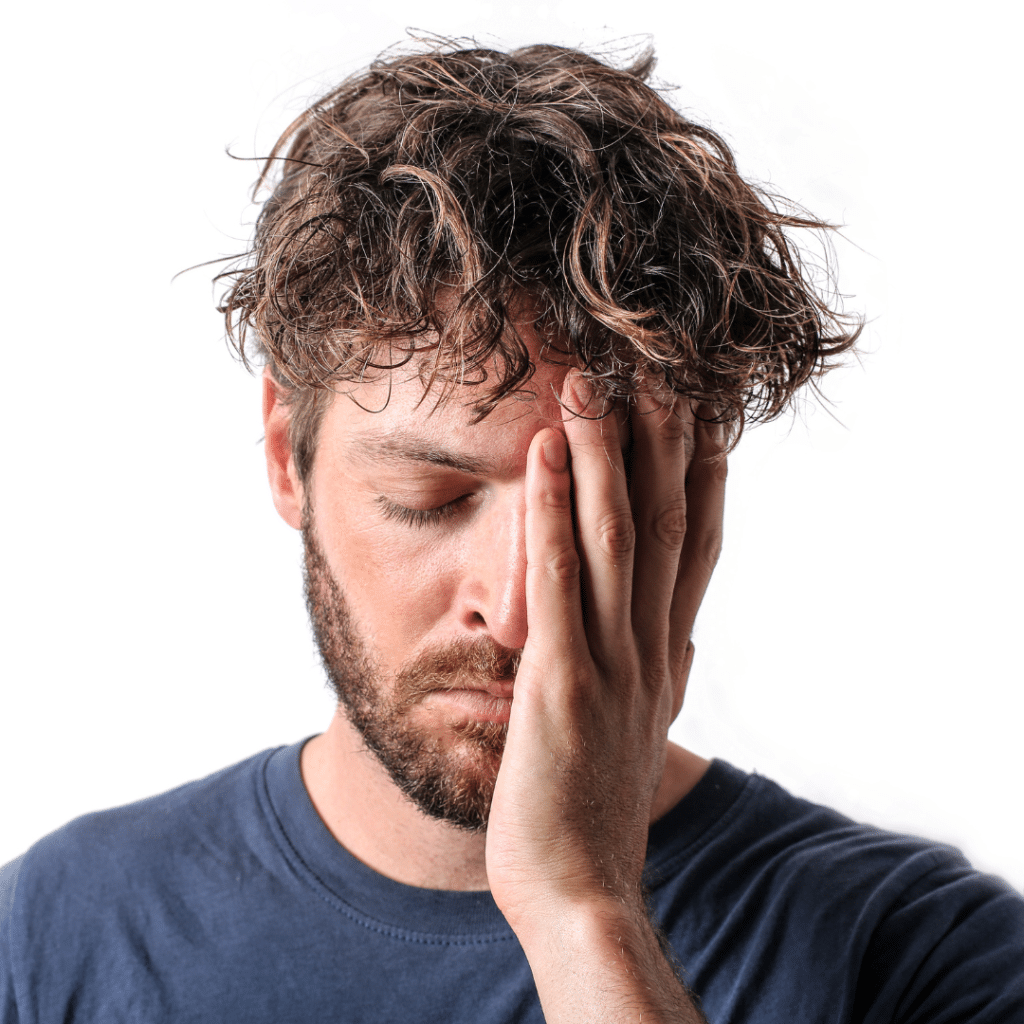
Sleep: The Foundation of Well-being
Sleep serves as a critical foundation for mental and physical health, engaging our body and mind in vital repair and rejuvenation processes. For those grappling with anxiety, achieving restful sleep can become a significant challenge. The cyclical nature of sleep and anxiety means that anxiety can lead to sleep disturbances, which in turn exacerbate anxiety. This dynamic highlights the importance of addressing the rush of anxiety when falling asleep, a common issue for many facing anxiety disorders.
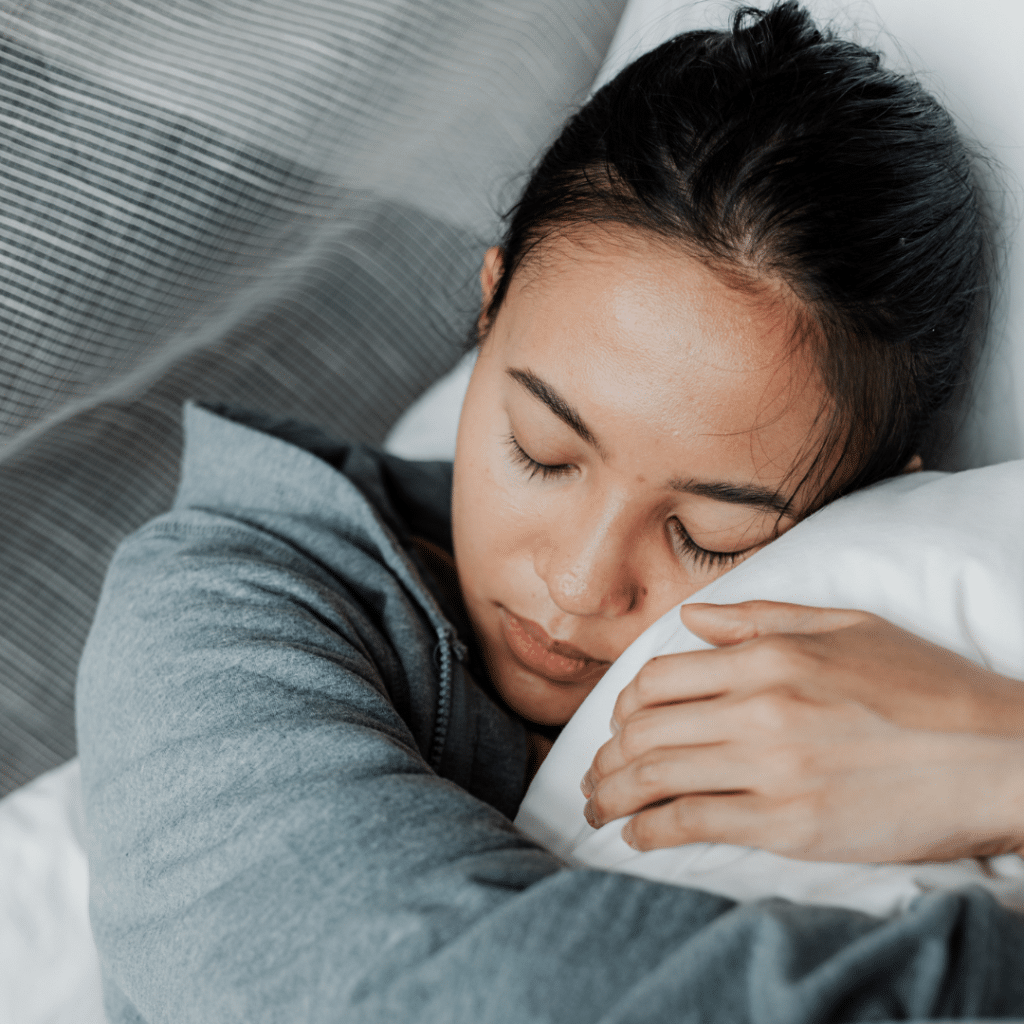
The importance of sleep extends beyond simply resting. Sleep plays a key role in memory consolidation, emotional regulation, and the maintenance of various bodily functions. Disruptions in sleep can significantly impact these processes, leading to decreased cognitive function, mood disturbances, and overall reduced quality of life.
The Bidirectional Relationship: Can lack of sleep cause anxiety?
Recent research emphasizes the bidirectional relationship between sleep loss and anxiety. Notably, sleep deprivation often leads to a reduction in REM sleep, the stage associated with emotional processing and memory consolidation. Disruptions in REM sleep can lead to increased activity in the amygdala, the brain’s fear center, thereby heightening anxiety. Since this heightened neural activity during periods of sleep deprivation amplifies anxiety levels it further disrupts the sleep cycle, creating a self-perpetuating cycle of sleep loss and heightened anxiety. Consequently, individuals with anxiety disorders may find themselves in a continual state of mental hyperarousal at night, making it challenging to achieve restful sleep .
Breaking this cycle requires a multifaceted approach, addressing both the underlying anxiety and the sleep disturbances it causes. Strategies such as Cognitive Behavioral Therapy (CBT) for anxiety and improving sleep hygiene practices can significantly mitigate the impacts of anxiety on sleep, offering a path toward better overall health and well-being .
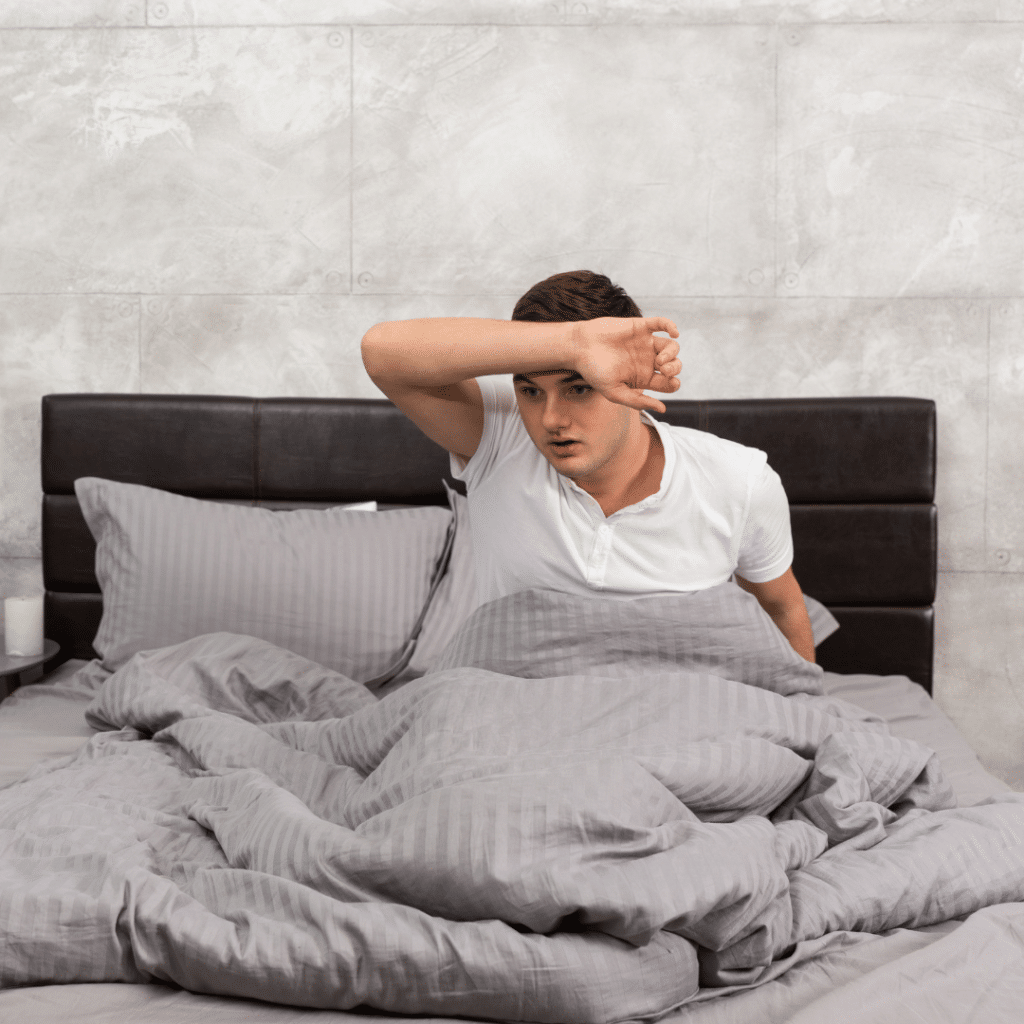
Breaking the Cycle between Sleep and Anxiety: Strategies for Relief
Understanding the intricate cyclical relationship between sleep and anxiety underscores the importance of addressing both aspects in the pursuit of mental health and quality of life. Fortunately, breaking this cycle is achievable. Strategies addressing both sleep and anxiety concurrently offer hope. Cognitive Behavioral Therapy (CBT), widely recognized for its efficacy in treating anxiety disorders, also holds promise for those struggling with sleep disturbances. By reorienting negative thinking patterns, CBT can pave the way for a more effective approach to bedtime. Adopting sleep hygiene practices can significantly enhance the quality of sleep. This includes maintaining a consistent sleep schedule, creating a restful bedroom environment, and minimizing exposure to blue light before bedtime. Regular physical activity and mindful dietary choices, particularly regarding caffeine and alcohol intake, also play a crucial role in fostering restful sleep. Additionally, incorporating relaxation techniques such as meditation and deep breathing exercises can help calm the mind before sleep, addressing the anxiety at night.
Final Thoughts
While the relationship between sleep and anxiety presents challenges, it also offers opportunities for intervention and improvement. Understanding the complex relationship between these conditions empowers individuals to take proactive steps towards managing anxiety and fostering better sleep, thus enhancing overall well-being. The journey towards conquering disturbances in sleep and anxiety is deeply personal yet universally relevant. Addressing both aspects is crucial for mental health and quality of life. By understanding the nuances of this relationship and implementing targeted strategies, individuals can make significant strides toward achieving the peace and tranquility that come with a good night’s sleep.
Responsibly edited by AI
Other Blog Posts in
Animo Sano Psychiatry is open for patients in North Carolina, Georgia and Tennessee. If you’d like to schedule an appointment, please contact us.
Get Access to Behavioral Health Care
Let’s take your first step towards. Press the button to get started. We’ll be back to you as soon as possible.ecovery, together.

